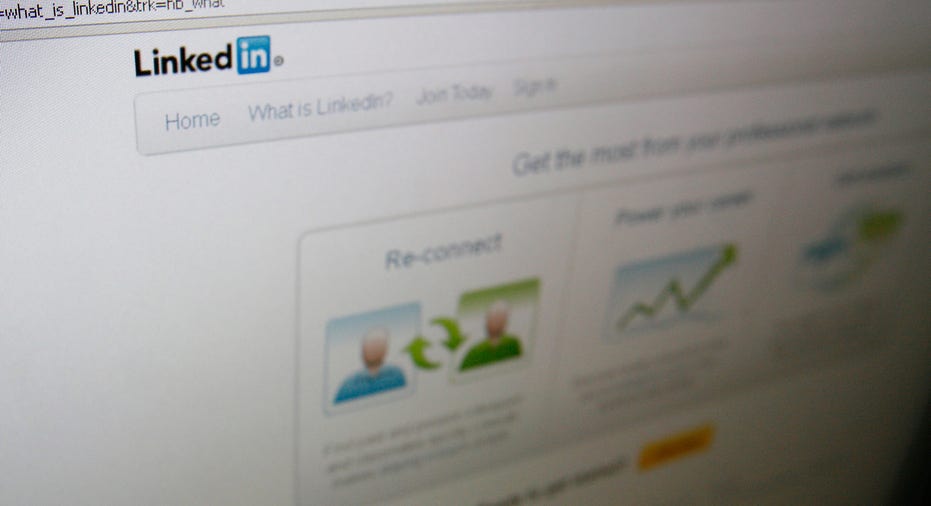Tips for Building a ‘Professional Brand’

These days a good resume and cover letter aren’t enough. Thanks to social media, people in every stage of their career have to build a so-call “professional brand.”
Think of it as your digital business card, your professional brand is a way to promote yourself and is typically the first impression you send the world.
“A good professional brand will get you noticed whether for a new job, a promotion, possible speaking engagements, presentations or as a subject matter expert,” says Jim Wilson, managing partner and board of directors member at OI Global Partners, a staffing and coaching company. “It will also get you additional opportunities to interact with your superiors, senior managers and centers of influence that can impact your career.”
When it comes to creating a professional brand, experts say you must be careful about what you say. You want to have a presence on LinkedIn (NASDAQ:LNKD), Twitter (NYSE:TWTR) and even Facebook (NASDAQ:FB), but you have to make sure your musings are appropriate and showcase your talent, interests and industry know how. The last thing you want to do is use it as your soap box and say something that might offend.
Take the famous tweet by former PR executive Justine Sacco that sparked a firestorm of outrage last year over her comment about Aids in Africa. Not only did she lose her job, but she had to issue a statement apologizing for the insensitive remark. “It’s better to not have a brand that is going to put you in a difficult situation,” says Janet Elkin, chief executive of staffing firm Supplemental Healthcare. “It’s easy to put something out there on Twitter or Facebook, but it’s a lot harder to take it down.”
According to employment experts, before you start creating your brand, you have to figure out what makes you stand out -- and that is where some self-inventory comes in. Sara Sutton Fell, chief executive of FlexJobs, says to come up with who you are as a professional, what is your area of expertise and what are three things you can do to help a company or individual because of your knowledge. You also want to come up with a one-sentence job description. With all of that information in hand, she says to hit the social media Websites including LinkedIn, Facebook, Twitter, Google + (NASDAQ:GOOGL) and even Pinterest.
“All of these should convey essentially the same professional brand information,” says Sutton Fell. “Revise your resumes, portfolios, cover letters, etc. to convey this basic brand information in a similar way.”
The idea is to set yourself apart from the other professionals in your industry, adds David Wolf, managing director of Allison+Partners' Global China Practice. “You have to think of yourself as an individual who is distinct from everyone in the business. What makes you different, better, worse or the same.”
According to Wolf, building a brand is more important than ever before because of the commoditization of professionals whether it’s in health care, media, real estate or legal. Because of that, he says to take a page from celebrities and become a personality or expert in your chosen field.
“We have to find ways to de-commoditize ourselves,” says Wolf. “We have to do something else to get ourselves hired.”
While much of the professional branding happens online, you can’t ignore face-to-face contact when building your brand. According to Wilson of OI Global Partners, it’s equally important to develop the professional brand through networking as it is through the Internet. That can be accomplished by joining service clubs, attending Chamber of Commerce meetings or joining professional associations.
“Personal connections remain the driving factor in the business world today,” says Wilson. “However, with the number of individuals from different generations in the workforce today, it is important not to limit your professional brand to just one group.”



















